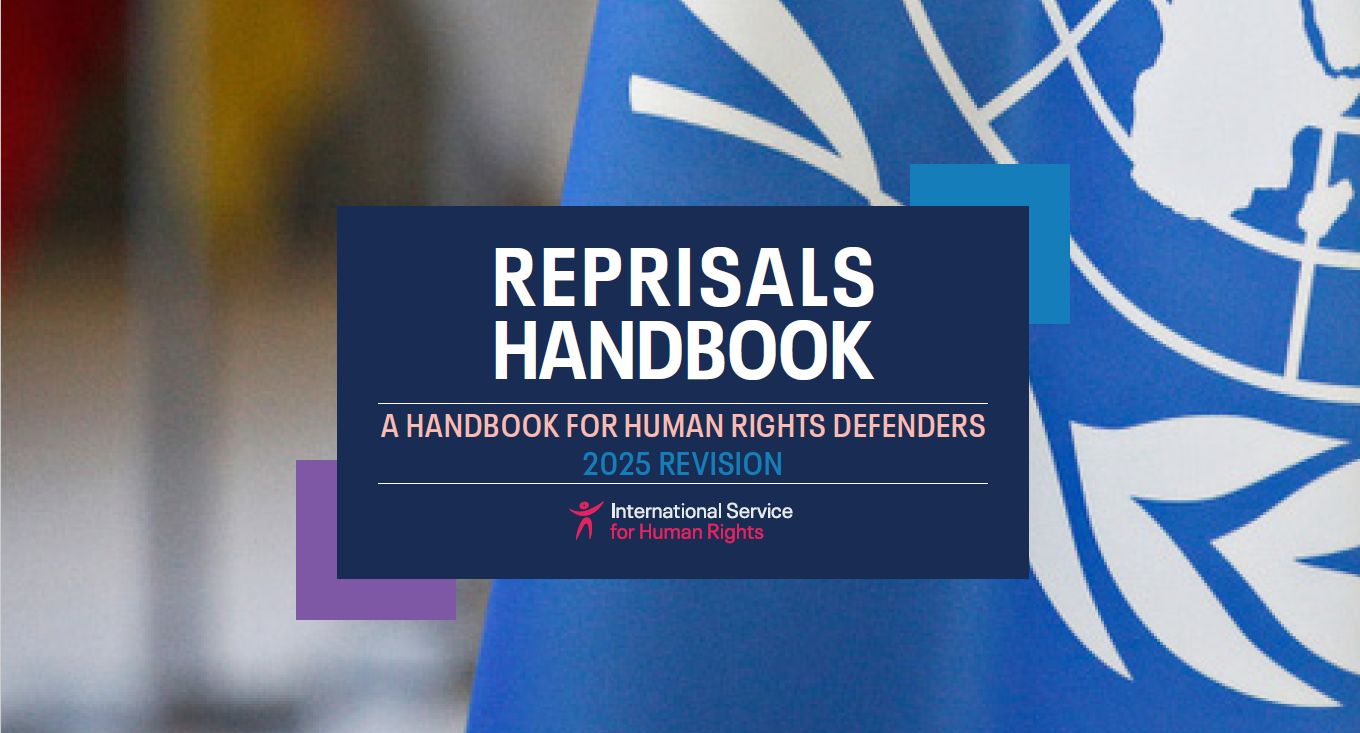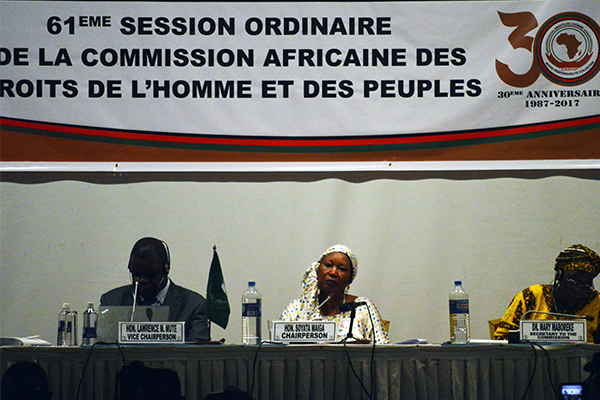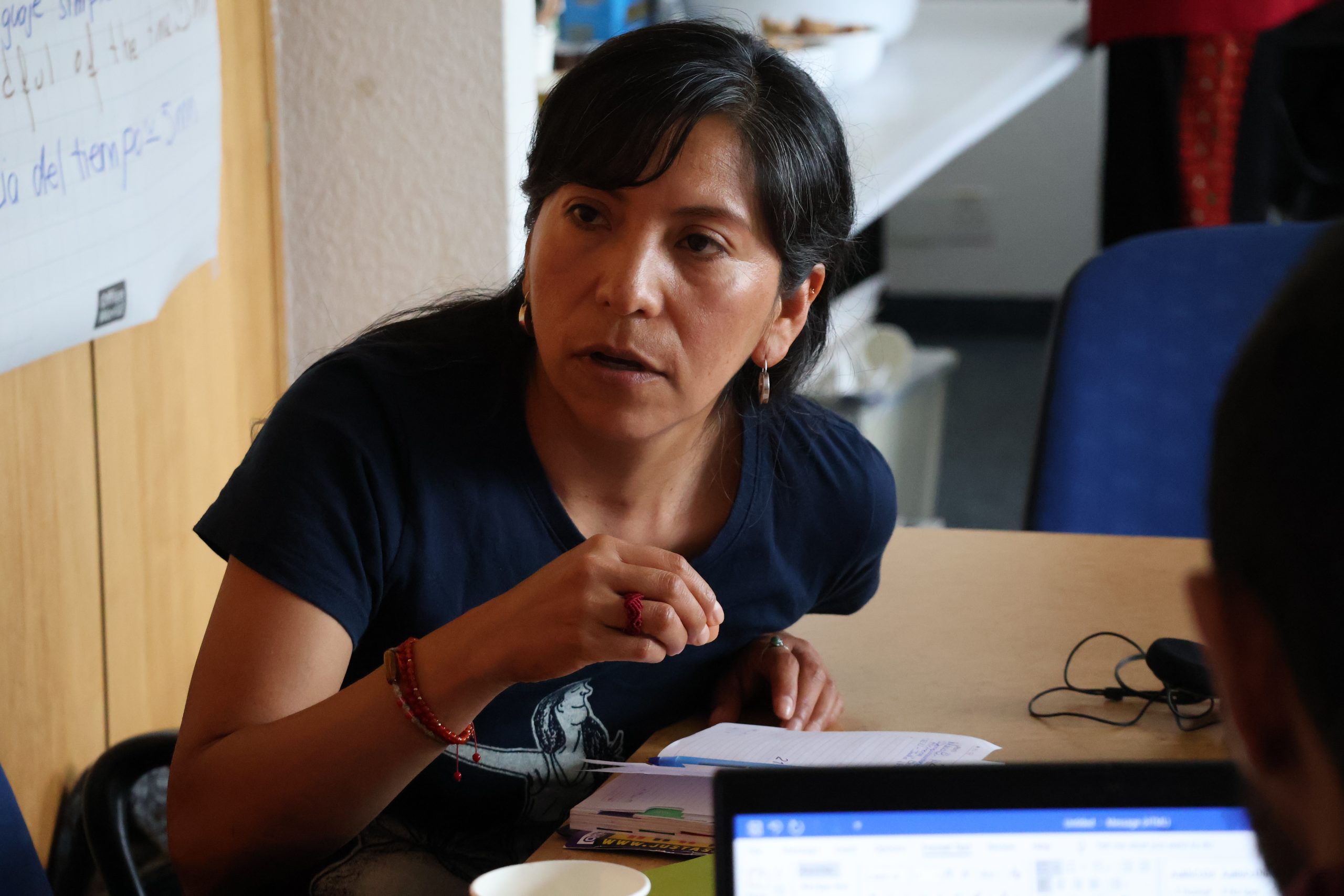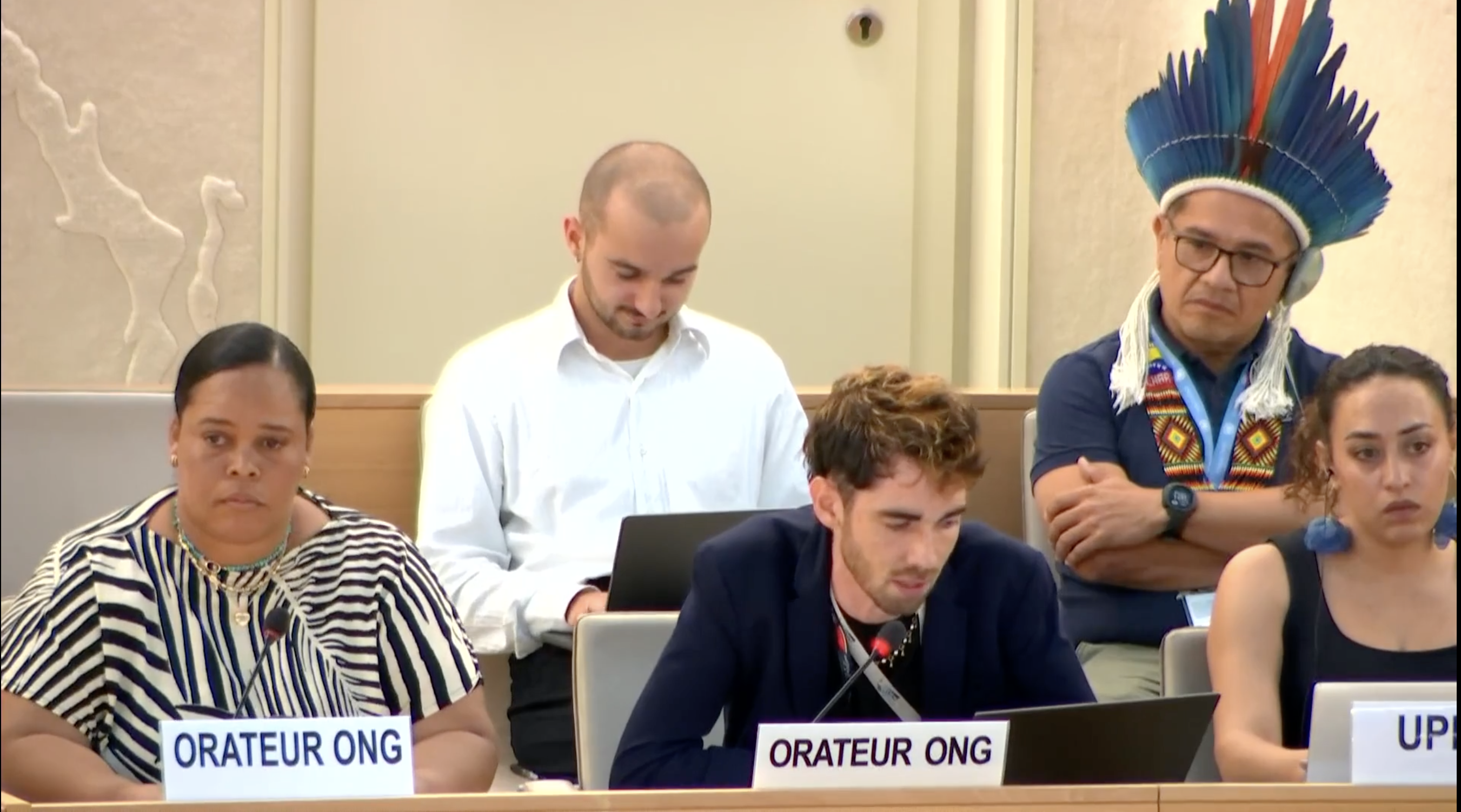Thirty years after its creation, the question arises as to whether the Commission has been able to fulfil its missions and the expectations of the millions of Africans who are victims of human rights violations every day. If this has not been the case, what are the obstacles that have arisen and continue to stand in the way of the Commission, preventing it from fulfilling its mission? So many questions that fuelled the discussions during the commemoration of its anniversary where it was reminded that the Commission was created with the primary mission of promoting and protecting the rights guaranteed by the Charter and interpreting it at the request of any State or AU organs as provided for in Article 45 of this Charter.
This session was also an opportunity for the African Commission to celebrate the drafters of the African Charter on Human and Peoples’ Rights and the ideals which motivated them, namely freedom, equality, justice and dignity as essential objectives for the realisation of the legitimate aspirations of the African peoples. This was done through various panels and commemorative ceremonies such as a gala dinner held in honour of former Gambian President Dawda Jawara for his leadership role in the adoption of the Charter and the establishment of the Commission. A prize was awarded to him in his absence to mark this recognition.
Panels organized as part of this celebration also allowed us to reflect on the beginnings and the work of the Commission, its present and future, but also on the views of the youth on the work of the Commission.
These discussions helped us understand that despite the difficulties encountered by the African Commission in the implementation of its mandate, such as the lack of resources allocated by the African Union, the lack of implementation of its decisions, the non-cooperation of some States Parties to the Charter, an important step has been taken in the promotion and protection of the rights guaranteed by the Charter and especially through the work of its special mechanisms. The scourge of the immigration of African youth, with its share of fundamental rights violations, has been cited as a contemporary example of the failure of some States to ensure them the enjoyment of the rights guaranteed by the Charter.
The human rights situation of 3 countries, namely Rwanda, Niger and the Democratic Republic of Congo was reviewed. A summary of these reviews is provided in this publication.
The civil society also got the opportunity to join forces during the 35th NGO Forum that took place ahead of the Commission’s session, from 28 to 30 October 2017. The contribution of NGOs in the work of the African Commission during the past 30 years was actually underlined during the Commission’s session. This was especially noted in the advocacy for the establishment of special mechanisms of the Commission, the submission of communications and information on country situations. During these 30 years, civil society has consistently called on States to improve the protection of human rights on the continent and to ensure a safe working environment for defenders. As a sign of this collaboration between the Commission and civil society, the number of NGOs obtaining observer status with the Commission has increased even though the Commission is under pressure from certain countries to limit the participation of these NGOs in its activities.
A total of 619 delegates took part in this session, including 24 of the 53 States parties to the Charter, representing a participation rate of about 46%. With participation below 50%, this raises the question of Member States’ interest in the work of the Commission.
During its extraordinary session held 13 to 22 February 2018 in Banjul, the Commission had more time to focus on human rights situations that remain a concern on the continent and adopted three resolutions:
- Resolution on the situation of human rights in the Democratic Republic of Congo
- Resolution on the situation of human rights in Cameroon
- Resolution on the persistent human rights violations of the Sengwer Community of Kenya
Photo: ISHR




